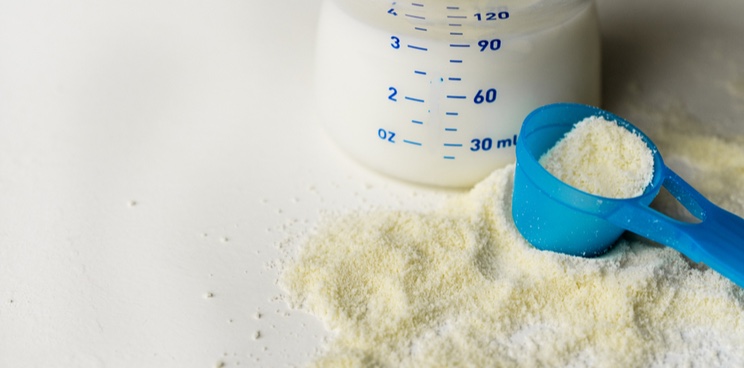Newsletter Signup - Under Article / In Page
"*" indicates required fields
A team from the Rothamsted Research center, UK, has developed plants capable of mass-producing fat molecules resembling those in human breast milk.
The scientists modified the way a type of oilseed plant generates fat molecules by introducing a mutation that changed the location within the cell of an enzyme responsible for processing fat. As a result, over 70% of the fat produced by the genetically engineered plants had the same structure as that found in human milk. In contrast, only 3% of wild-type plant fat molecules have this structure.
To imitate human milk fat, many formula milks use fat from plants. However, plant fat molecules have a different structure to those in breast milk. This makes them less digestible for infants. Human milk fat molecules have a specific structure that is hard to synthesize chemically, making them too expensive to include in most formula milks.
The study, published in PNAS, could lead to a cheaper way to produce fat molecules similar to those in human milk, and make the formula milk contents healthier.
The scientists tested this method on an oilseed plant called Arabidopsis thaliana, a cousin of the mustard plant that is commonly used in plant research. In the future, the method could be applied at an industrial scale to oil-rich crops such as sunflower or oilseed rape plants.
According to Peter Eastmond, one of the leaders of the study at Rothamsted Research center, producing human milk fat molecules is just one of the potential applications of the technology. “Being able to modify the metabolic pathways of plants opens many potential doors and demonstrates how similar approaches could provide benefits to several different sectors including human health and the environment,” he stated.
Genetically engineered plants have the potential to make useful products more cheaply and in a more environmentally friendly way than current techniques. Other examples of potential plant-based products include fish oil, pharmaceutical drugs, and collagen for use in bioprinting.
Images from Shutterstock






